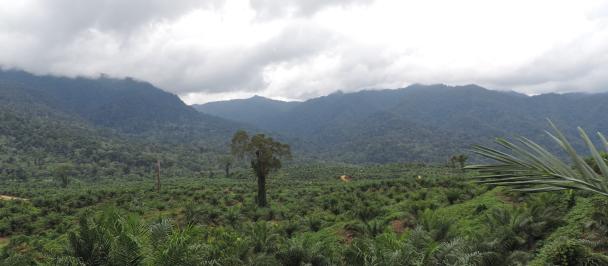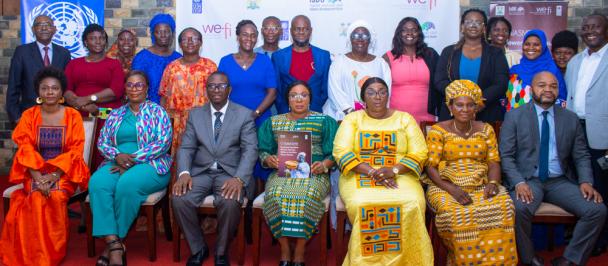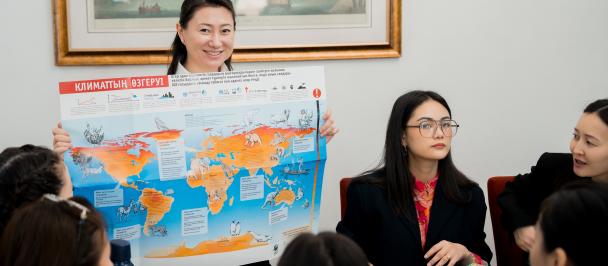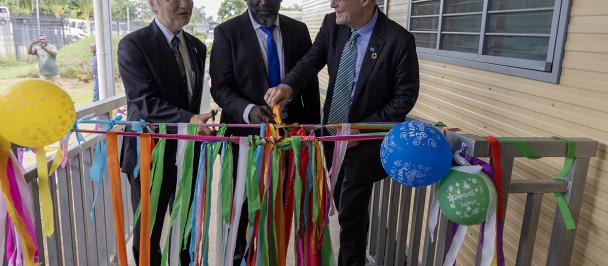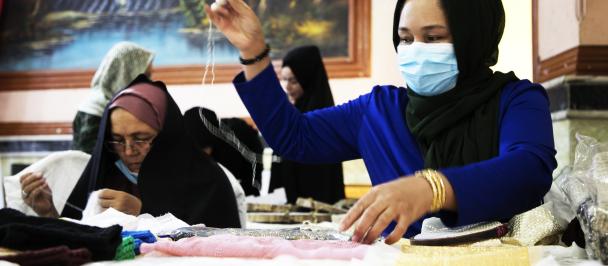By: Hadil Habashneh - Head of Experimentation
4 Months into the lab, what I have -unexpectedly- learned so far
November 30, 2022
In the last month, I have been reflecting on my time in the UNDP and the Accelerator Lab so far. When I had to write a blog, it was on the top of my head to document that. I first had to look at the blogs by other colleagues in the lab around the world about their own learning experiences and learnings. I came across a blog by my colleague in Jordan Ahmad Abboushi. He wrote his blog after spending a year and a half as the Head of Exploration. This gave me an idea; I am writing this blog after spending 4 months in the world of the AccLabs. I am also committing to writing another one next year to compare what I think I’ve learned so far to what emerges during this year.
SOLUTIONS ARE EVERYWHERE
On the first day of Ramadan, I joined my colleague Ru’a Al Abweh, the Head of Solutions Mapping, on an ‘adventure’ to a local scrap market. The site we went to was owned by two brothers, and their site is considered as one on the advanced site, as they had their own truck-stop-scale in the site. I was amazed by how open the owner was in discussing the details of his business. For example, I had no idea who the customers were for the items that ended up there, especially that many of the goods weren’t useful anymore, at least for my untrained eyes! “The items in good condition are often sold to families in households where they want to get a working product but cannot afford the price of it being sold new in a market. Other items are received in bad condition but can often be fixed and later then sold for a higher price. Escape rooms, interior designers, and TV show producers are among the customers for the products, especially those that look good but not necessarily working. As a last resort, parts are taken down and segregated based on the materials and are sold by the weight”, says the owner, Abu Ameer.
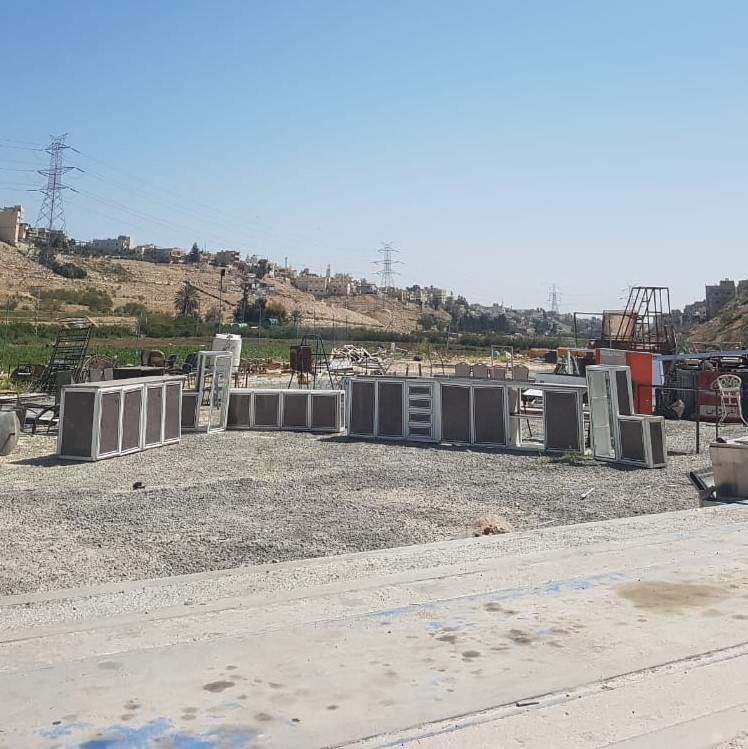
Personally, I would have never thought of visiting a scrap site., I have passed by them many times, but I never stopped; I looked but never saw. I am thankful for Ru’a for inviting me to join her. Not only have I learned so much about the supply chain and the large market segment that depends on these places, but Abu Ameer invited us to pick some radishes from the small farm next door as a welcoming gift!
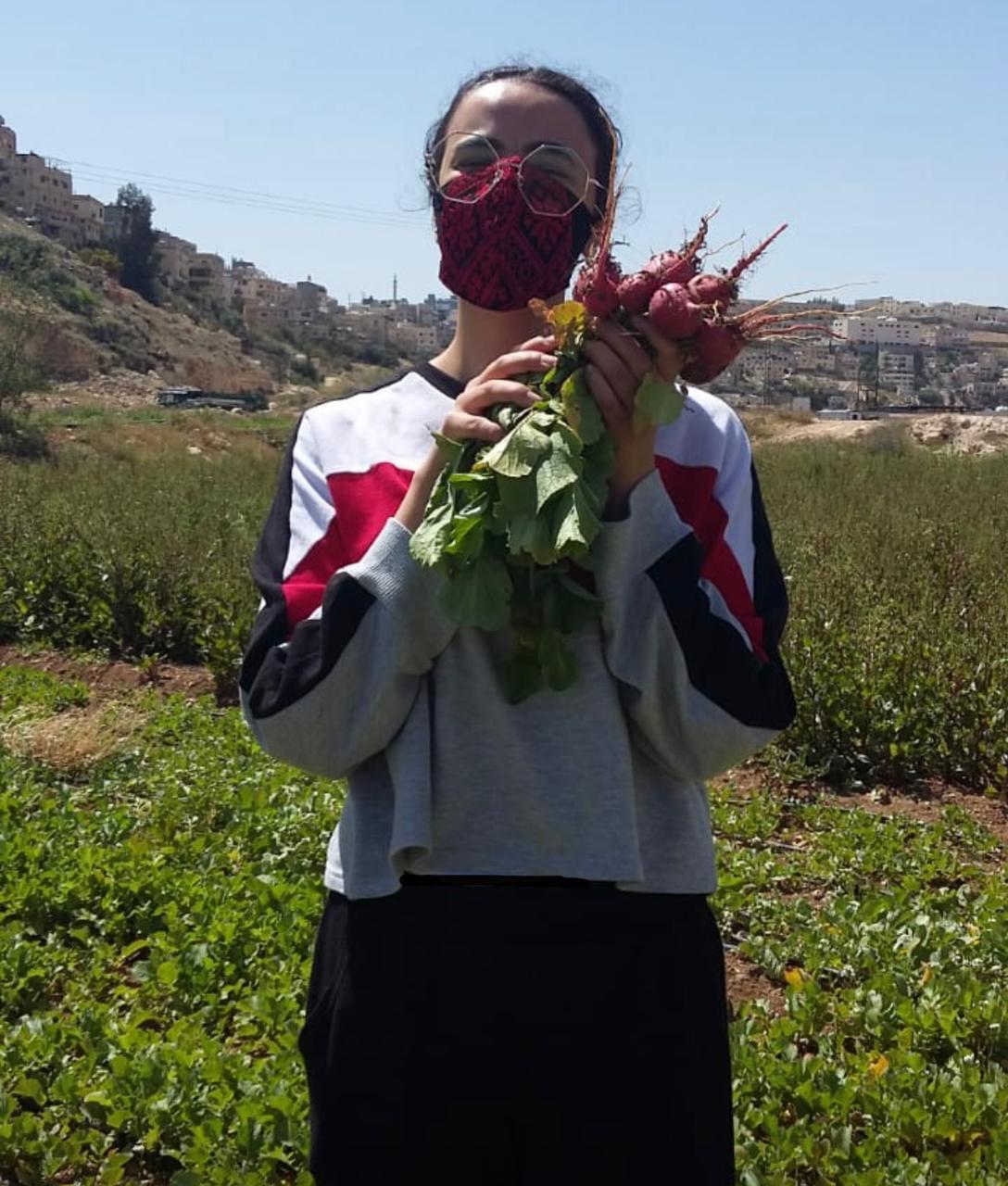
TAKE A DEEP BREATH, AND COUNT TO 10
I always refer to myself as a maker. I am definitely a get-the-job-done kind of person. I like getting my hands dirty, and my motto is “fail fast, fail often.” Being surrounded by the different team members, Ru’a, Aseel, and Ahmad, has been great. They have spent more time in the lab than I, and they have taught me that taking time to reflect is key to analyzing the systems we’re tackling and that it helps ensure we are experimenting on the root cause of problems and not the obvious symptoms. Hitting pause and reflecting more on the challenges at hand has better shaped my thinking process; I am thankful for them.
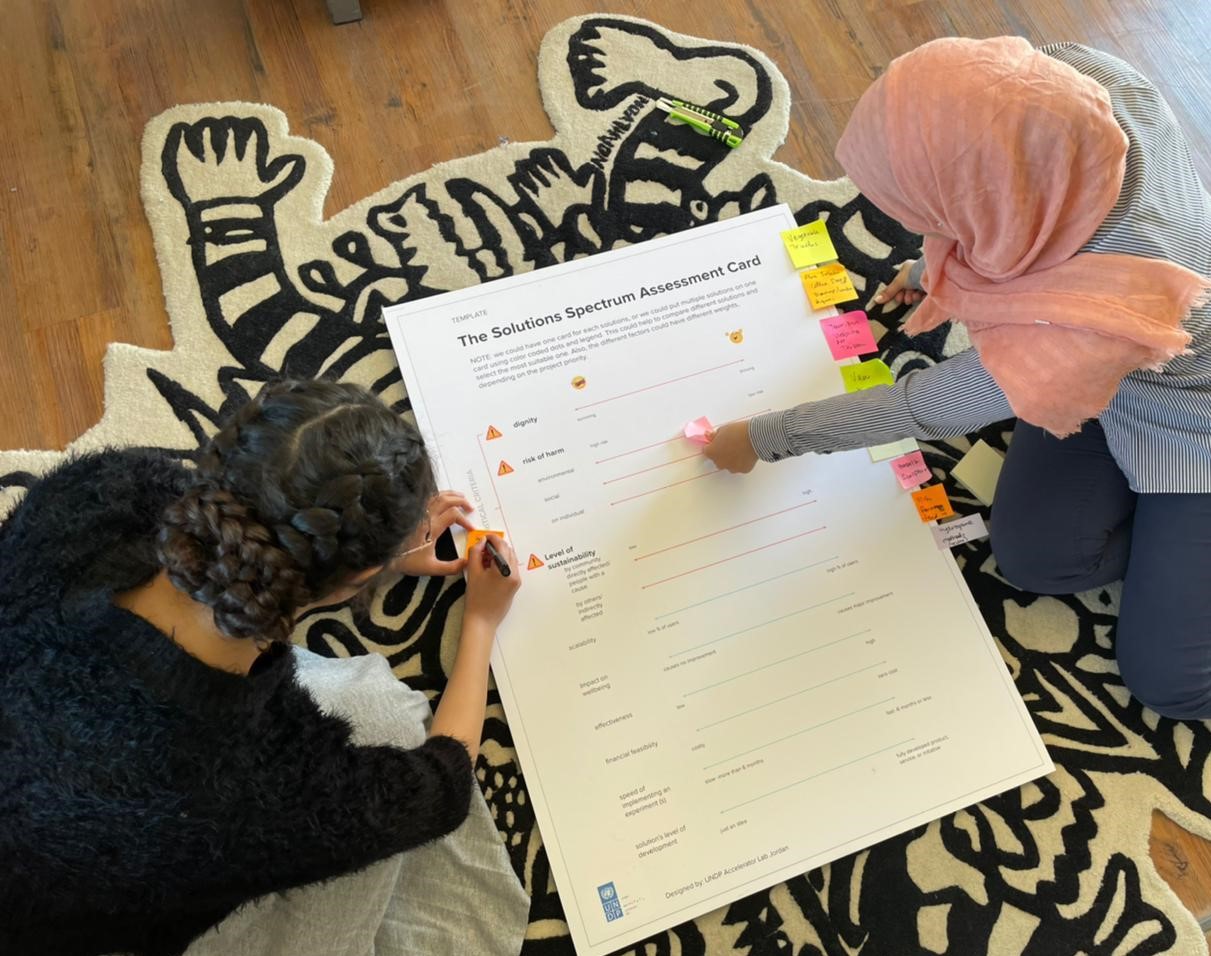
IT’S ALWAYS A SYSTEM
Building on the previous point, I came to understand that whatever challenge we are tackling is ALWAYS a system. When I joined the team, they had been working on a ‘Positive Masculinity’ portfolio (which later on evolved to ‘Gender Norms and Roles’), they had already finished the first experimenting, and we were setting things up for the next one. As we started exploring more on the topic, it became clear that it is not an easy task to decide where to intervene. There was the public narrative, transportation, spatial design constraints, and much more. Going with the obvious problem without digging deeper would hardly make any impact. We, later on, decided to experiment with several areas with different local organizations and partners.
I’M NOT ALONE
Before I joined the team, the position of the head of experimentation had been vacant for some time. So naturally, when I joined, I felt that I had to get so many things done at once, and at times I felt overwhelmed and a little lost. Thankfully, I had great communities, from everyone in the lab to the experimenters around the world. I was never alone. Many turn to our WhatsApp group to ask for ideas or information or even to vent. That, to me, has made me feel supported; whenever I’m stuck, I have a place and people to turn to.
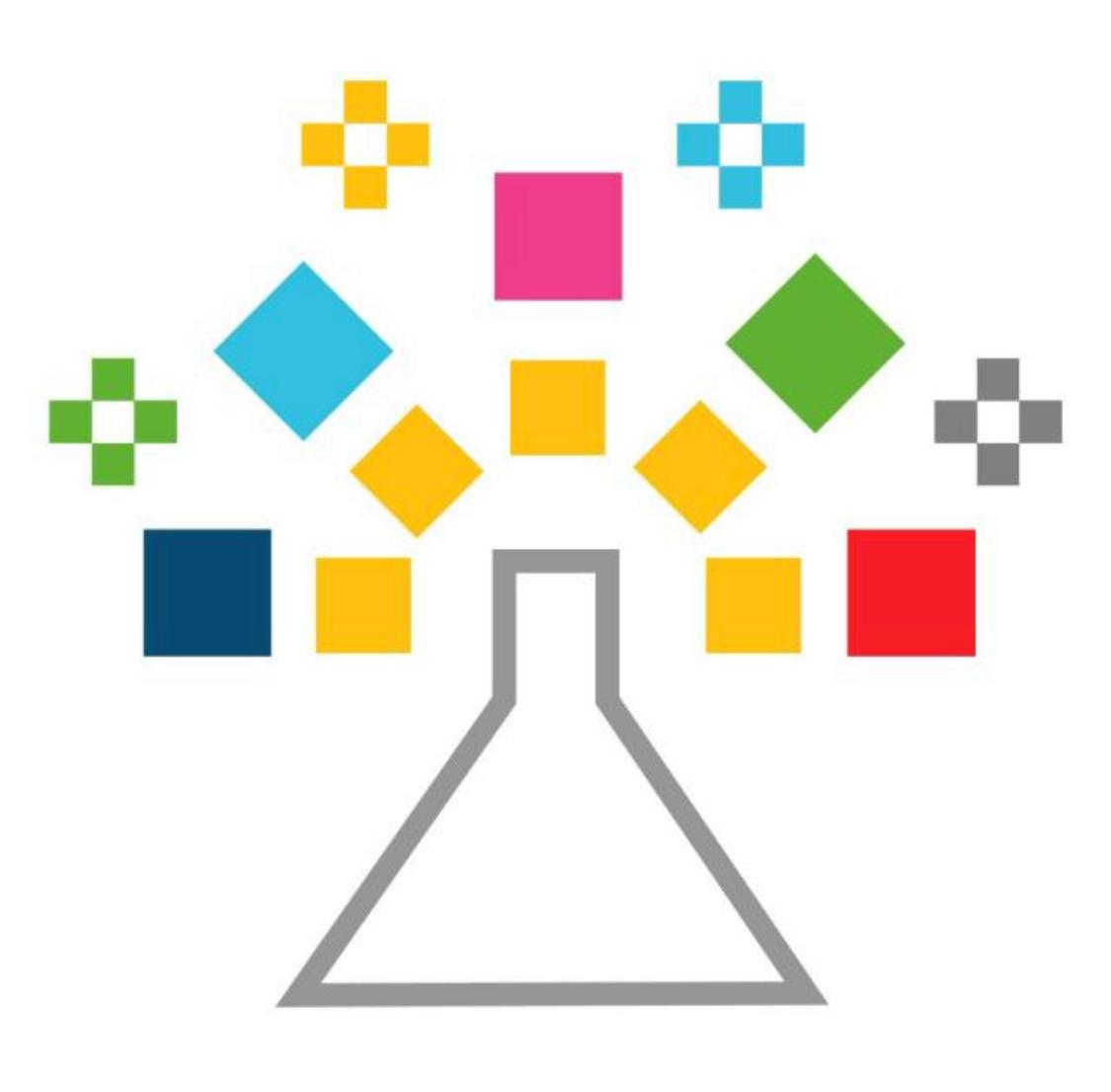

 Locations
Locations